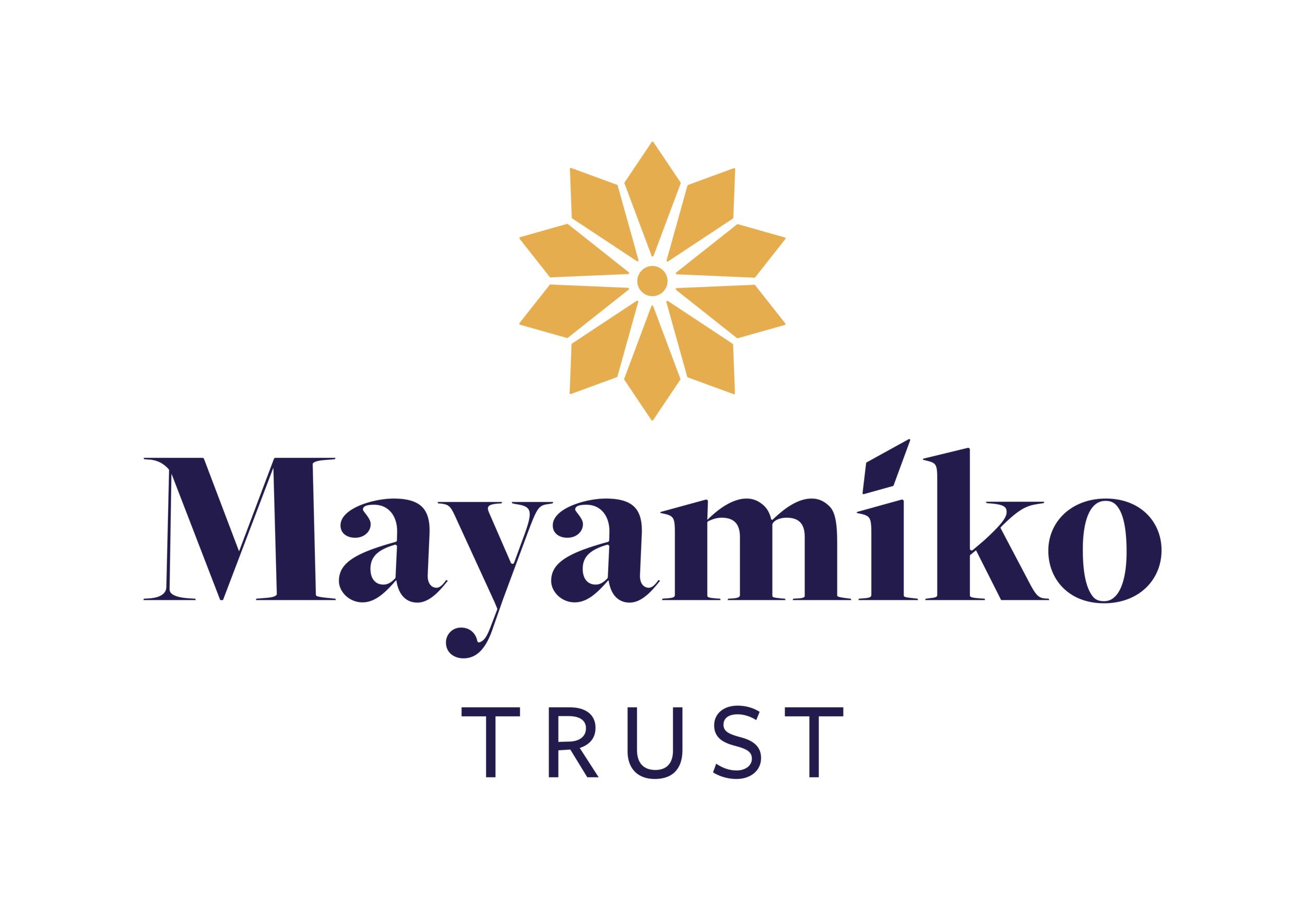Case study - FASHION LAB
Rose Rises on the Socio-economic Ladder
Figure 1. Rose Missi’s Story
“My husband sells second hand male clothes around the neighbourhoods and also sells at various big markets. For many years this is what has been putting food on out table but it was never enough. The tailoring training was therefore a gateway for us to improve our income.”
Figure 2. Wraps Waiting to Become Clothes
If you are a resident of Chinsapo 1 and haven't heard of a female tailor by the name of Rose Missi, then you're either new to the area or you're never at home during the day. Rose no longer needs to market her skill; people within the neighbourhood actually come looking for her. Her work bears testimony to her skills.
Rose undertook the six-month Mayamiko tailoring course in 2019 and completed it successfully. Immediately after, she established herself as a community tailor, carrying out business on her house's veranda. As passers-by surrounded her, it didn't take long before potential customers got to know her. The sewing machine she received from the Trust after training completion got her started without delay.
A 34-year-old woman with four children, she has always been dependent on her husband for everything. Sometimes she would attempt entrepreneurial activities like selling vegetables or water in plastics, but these weren't sustainable. Her money was mainly used to take care of household needs.
According to her trainer Miss Towera, Rose was the only learner who could not hide her fear of failure. Miss Towera says, "she always wanted to do well, and most times she would ask for my opinion over her work; she needed constant assurance that she was learning and improving daily". Nevertheless, her determination meant she completed the course; since then, Rose has made a name for herself in the local tailoring community.
All four of Rose's children are in school. The first child, age sixteen, is in form one, the second is fourteen, in standard seven, the third is eleven, and the youngest is six. Before becoming a tailor, all the responsibility of financial support was on her husband. Rose says, "it was overwhelming since he was also responsible for supporting our parents at the village with things like fertilizer and other basic needs."
Today, the story has changed. Rose gets more income from her business and is able to address household needs and support the wider family. Every month she earns at least MK150,000. Sometimes, when she has received huge production orders, she gets more. Not a day passes where she doesn't receive orders to make clothes.
"Sometimes I do one design for a group of people, like a uniform for a choir or a design for some special events. These kinds of orders earn me a good profit", says Rose. Rose is a Muslim, and therefore most fellow Muslims in her community prefer her to make their religious-oriented clothes. She never disappoints!
Rose is in a saving group with four other women who put MK75,000 a month into a collective pot to secure their income. Every time money is saved, it is given to one woman. Therefore, Rose saves MK300,000 every four months. "This money and proceeds from my business have transformed my household; I have been able to purchase household furniture, including a small fridge which, in my community, is a source of prestige."
Rose is a woman of a few words but is always smiling. Every day, as she operates the machine on her veranda, she thinks back to her Mayamiko Tailoring training. She can only imagine what would have become of her if she had not seized the opportunity to acquire this life-changing skill.
“ Sometimes I am overwhelmed with orders. I have to work over night, not wanting to disappoint my clients, like many tailors do. I have also transferred skills to my husband’s 1 year old nephew who stays with us. He has mainly stayed in the house since he dropped out of school. Now he is my support whenever we have many orders.”
Figure 3. Rose's Work: Bridal Party Dresses in Blue and Yellow Dome



